| Layoffs, suspended dividends, a share price in free fall, a chief executive hustled out the door: Intel is in a bad way (https://www.economist.com/business/2024/12/02/intels-troubles-deepen-as-its-boss-makes-an-abrupt-exit?utm_campaign=a.io&utm_medium=audio.podcast.np&utm_source=theintelligence&utm_content=discovery.content.anonymous.tr_shownotes_na-na_article&utm_term=sa.listeners). But America needs a chipmaking champion, so what will save it? We examine a legally pioneering International Criminal Court case alleging cross-border crimes against humanity (10:31). And how the internet is changing the way people think about food and cooking (https://www.economist.com/culture/2024/11/29/what-do-feta-cucumbers-and-cottage-cheese-have-in-common?utm_campaign=a.io&utm_medium=audio.podcast.np&utm_source=theintelligence&utm_content=discovery.content.anonymous.tr_shownotes_na-na_article&utm_term=sa.listeners) (19:40). Get a world of insights by subscribing to Economist Podcasts+ (https://subscribenow.economist.com/podcasts-plus). For more information about how to access Economist Podcasts+, please visit our FAQs page (https://myaccount.economist.com/s/article/What-is-Economist-Podcasts) or watch our video () explaining how to link your account. Hosted on Acast. See acast.com/privacy (https://acast.com/privacy) for more information. |
Tags: Featured,newsletter
























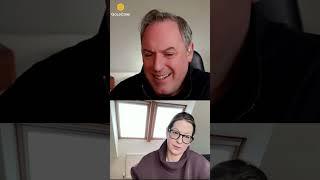



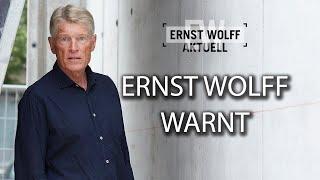


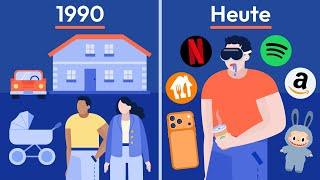
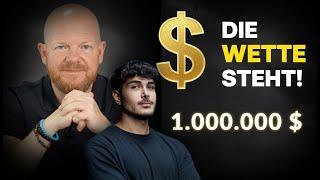
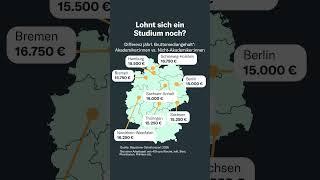




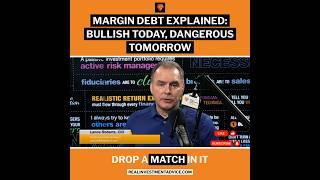

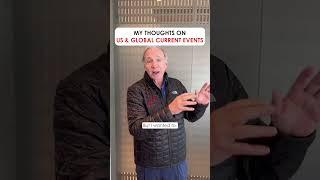
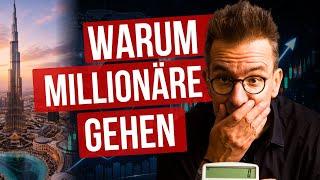
2 pings